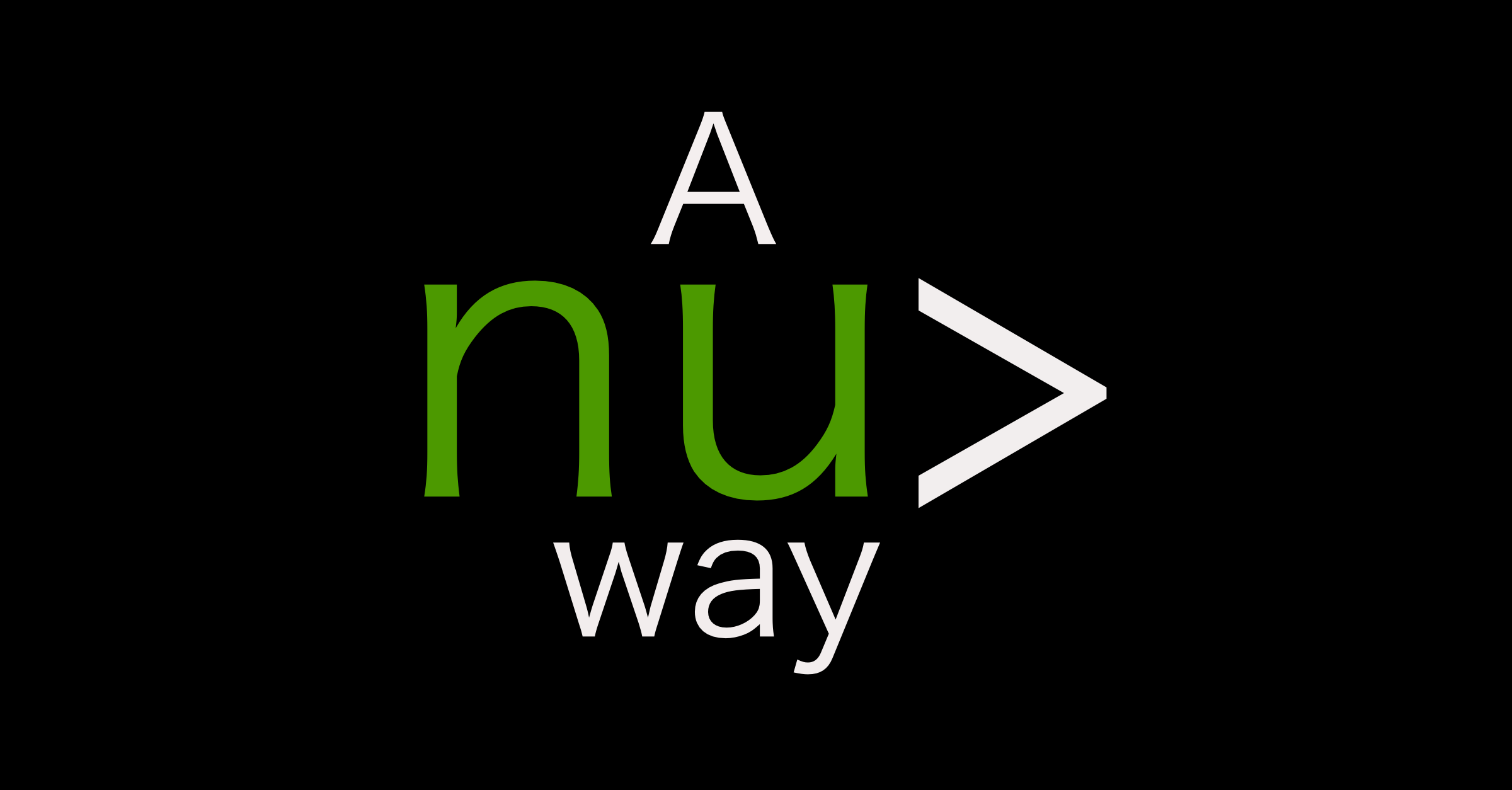Nu Shell Is Cool
Posted on January 6, 2024 • 2 minutes • 258 words
I had a csv file with data that looked like this.
email,date
[email protected],Mon Jan 01 2024 15:59:34 GMT+0000
[email protected],Wed Nov 01 2023 23:20:09 GMT+0000
And I needed to convert the date field into this:
email,date
[email protected],2024-01-01
[email protected],2023-11-01
I tried to do this with awk first because it seemed like it would be a good fit.
I’m sure it’s possible but the syntax is obscure and I couldn’t figure it out.
I ended up with something like this (not working):
awk -F',' '{ $1, system("/bin/date -d " %2 " +%Y-%m-%d")}' file.csv
When I can’t get something in a single for loop or a few pipes I’ll reach for a general purpose programming language. So I fired up iPython and wrote this to convert the file.
import csv
import datetime
from dateutil import parser
with open('file.csv') as f:
reader = csv.reader(f)
with open('file2.csv', "w") as f2:
writer = csv.writer(f2, delimiter=",")
for row in reader:
dt = dateparser.parse(row[1])
if type(dt) == datetime.datetime:
line = row[0] + datetime.datetime.strftime(dt, '%Y-%m-%d')
writer.writerow([row[0], datetime.datetime.strftime(dt, '%Y-%m-%d')])
else:
writer.writerow(row)
This works but it was more verbose than I wanted. I’m sure there’s other ways to do it, but it felt like something I should be able to do in my shell.
Finally, I tried it with nu :
open file.csv \
| update date {|row| $row.date | into datetime | format date "%F"} \
| save file2.csv
It was a more elegant and readable solution. I’m very impressed with how far nu has come and thankful for their helpful community who helped me quickly figure this out.
